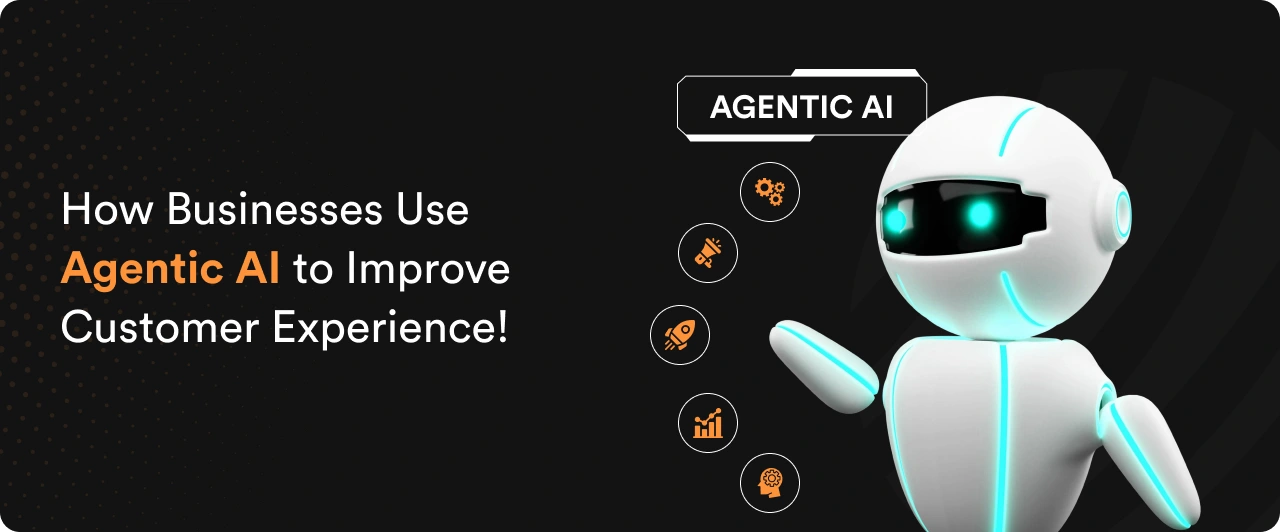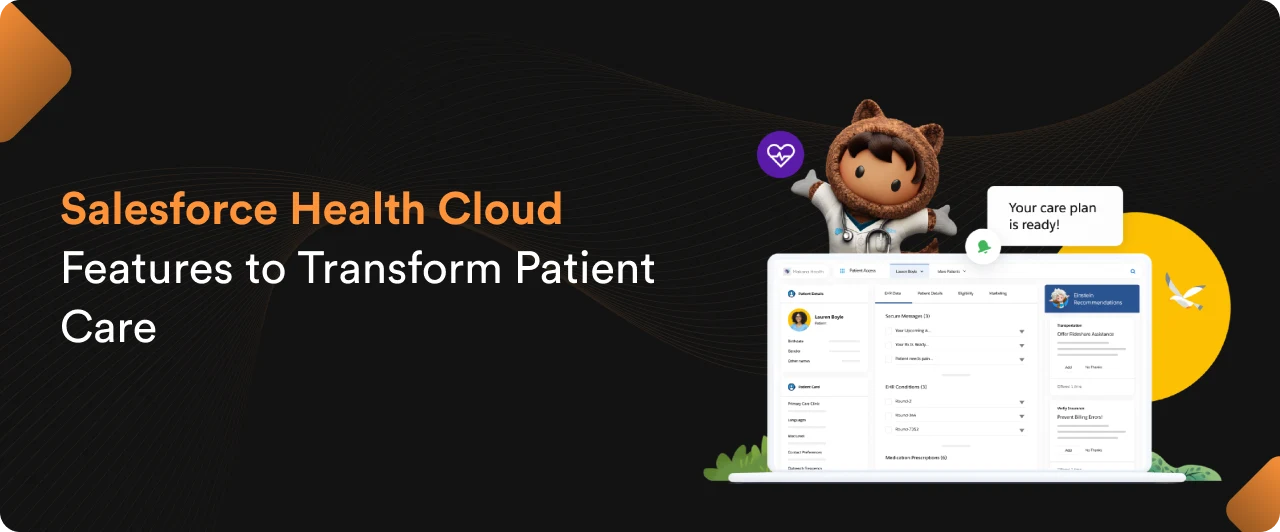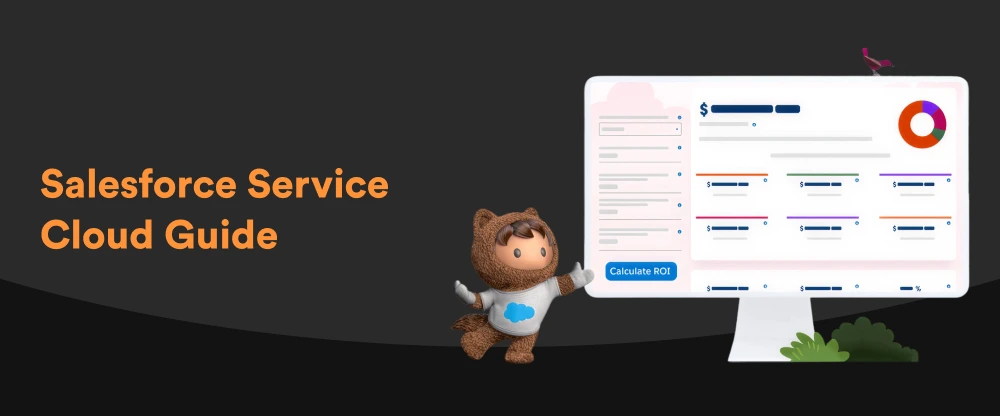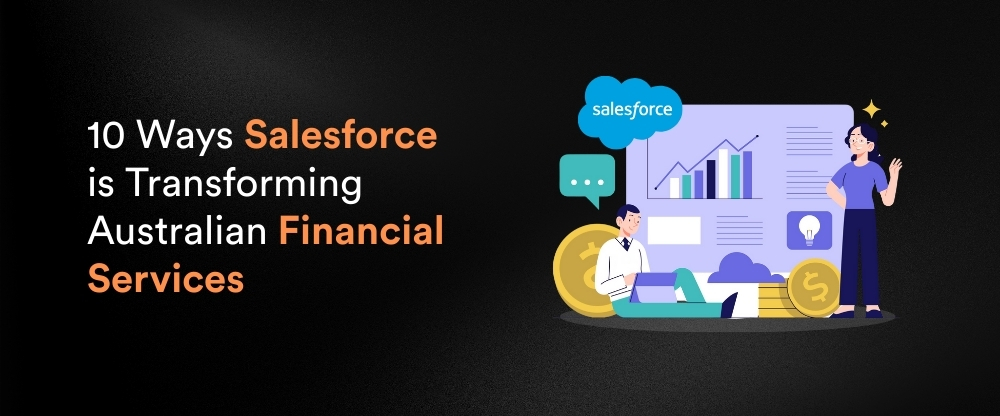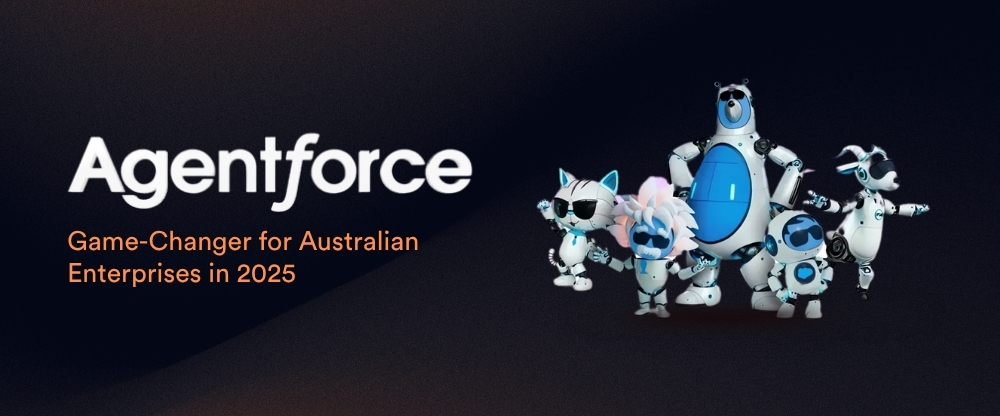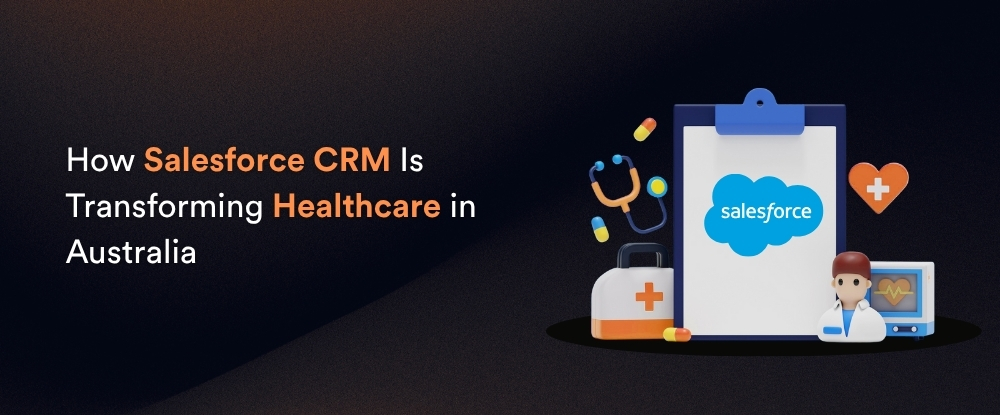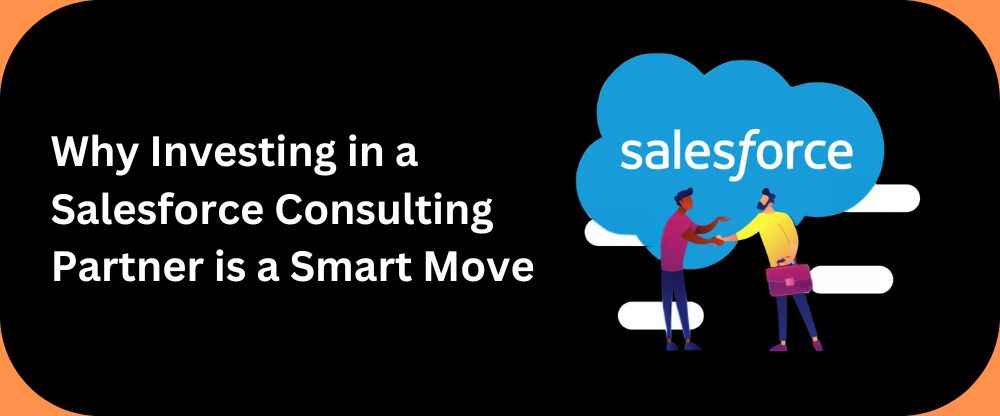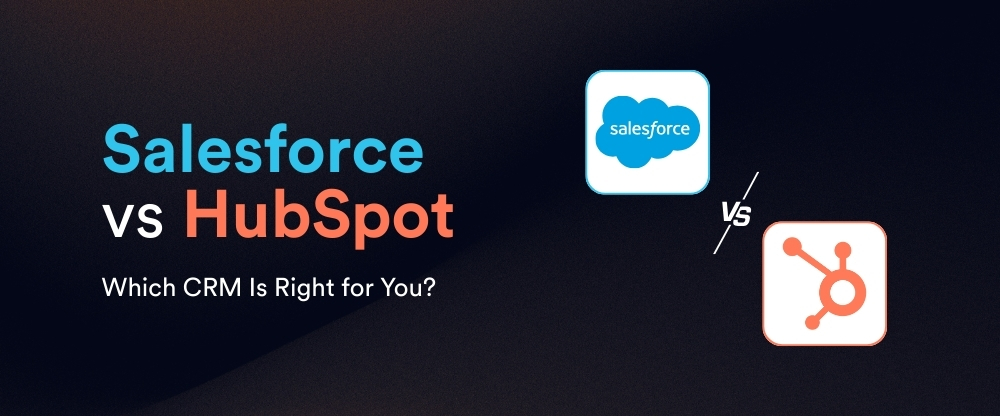
The decision between Salesforce and HubSpot is somewhat similar to the one between a Swiss Army knife and a shiny new smartphone. They both get the job done, but they are created to suit different individuals.
You are probably ready to invest in a decent CRM if you are an Australian business. You are choked with spreadsheets, sticky notes, and you are missing follow-ups. The thing is, you can lose time, money, and even your sanity when you choose the wrong one.
We’ve assisted dozens of Australian companies in making this very decision. Others required the raw strength of Salesforce through the aid of a Salesforce consultant in Sydney team. The simplicity of HubSpot was just what other people needed to have their sales process in order.
Let us run through the marketing hype and determine the CRM that best suits your business.
What Makes These CRMs Different?
Before we go on to features and prices, let us discuss what these platforms are all about.
Salesforce: The Enterprise Beast
Salesforce is the CRM equivalent of the Toyota Land Cruiser. It is rugged, can maneuver any terrain, and can take the load you put on it. However, as with a Land Cruiser, it does not suit everyone.
Lendlease, a Melbourne-based property developer, utilizes Salesforce to deal with its complicated sales cycles in several projects. They required a system that would enable them to do their workflows, connect with their other systems, and expand to other divisions.
HubSpot: The User-Friendly Option
Hubspot can be compared to a Tesla Model 3. It is classy, user-friendly, and comes with intelligent capabilities that are out-of-the-box. You do not need a manual to figure it out.
Sydney marketing agency Rocket Agency decided to use HubSpot because their team could access it and begin using it instantly, and it did not require weeks of training. They were operational in days as opposed to months.
Feature Face-Off: What You Actually Get
When comparing these platforms, we should consider what aspects are of the most concern to the Aussie businesses.
Sales Pipeline Management
Both platforms manage your sales pipeline, but they do that differently.
Salesforce offers you full freedom in all stages, fields, and automation. You are able to create custom pipelines on various products, regions, or sales teams. A Salesforce consultant can assist you in developing workflows that reflect in a precise manner the way your team sells.
HubSpot makes things straightforward by using drag-and-drop pipeline management. It is possible to create simple automation and tracking without having a degree in computer science.
Marketing Integration
Here, the platforms diverge.
The company HubSpot was designed as a complete marketing and sales platform. All your email campaigns, social media, content management, and CRM communicate with each other automatically. This is where Salesforce flexes its muscle.
Salesforce reports can carve and dice your data in a manner that would make a data scientist cry with excitement. It is standard in custom dashboards, advanced forecasting, and AI-enabled insights.
Reporting and Analytics
This is where Salesforce flexes its muscle.
HubSpot has good reporting, although it is less complex. You are provided with the fundamentals without the complication. Excellent when you need the information, but not the degree in statistics.
Salesforce considers marketing as an add-on. To achieve the same marketing automation, you will also require Marketing Cloud (separate subscription) or third-party integration.
The Real Talk: Feature-Wise Breakdown
So, speaking dollars and cents, as that is what we are losing sleep over.
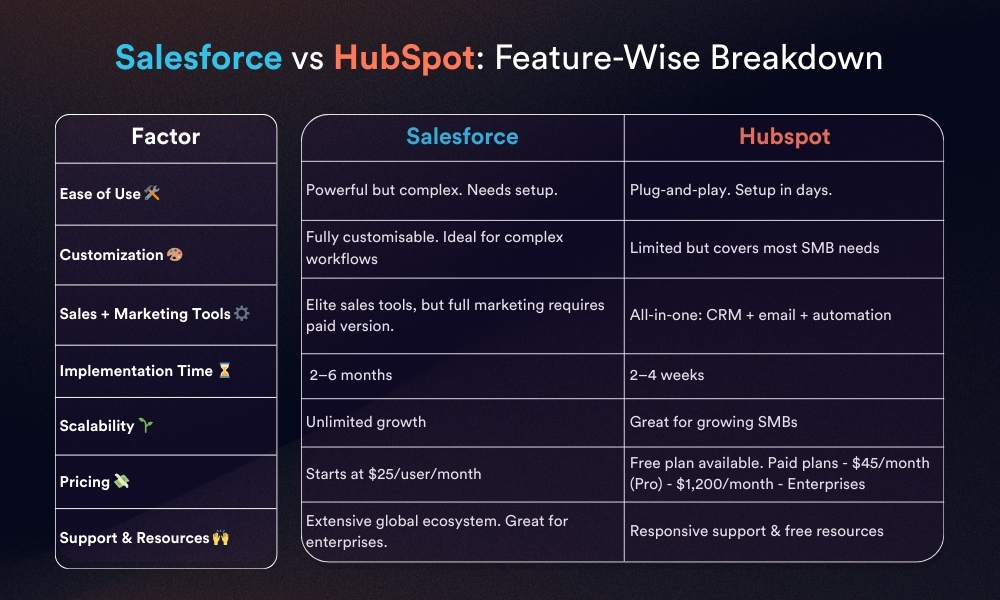
The table gives a partial story, but this is the real deal.
Salesforce may appear cheaper at face value, but consider the costs of implementing, training, and continuity of Salesforce consulting services, and you may end up doubling the monthly charges.
The prices of HubSpot are more transparent. You pay what you see, and you can give it a test run at no cost.
Who Should Choose Salesforce?
You need to check these boxes to make Salesforce work:
- You have complex sales processes with multiple stakeholders.
- Your team needs extensive customisation and integrations.
- You’re willing to invest in proper implementation and training.
- You have dedicated IT resources or budget for external support.
- You’re planning serious growth and need something that scales infinitely.
Their contracts are all about engineering specifications, approval processes, and service contracts, something HubSpot was incapable of doing.
Who Should Choose HubSpot?
HubSpot is ideal when this is the description of your business:
- You want something your team can use immediately.
- Marketing and sales alignment is crucial.
- You prefer simple, intuitive interfaces.
- Budget predictability matters more than unlimited features.
- You’re a growing business that needs room to scale.
Luminary , a digital agency, is one of the companies that have integrated HubSpot to maintain their relations with clients and conduct marketing campaigns.
They required something that would be effective for their sales team along with their marketing department, and they did not need two systems.
The Implementation Reality Check
And this is what no one tells you about CRM implementation.
Salesforce Implementation
To get Salesforce right normally involves using Salesforce consulting services or bringing in inside talent. It will take you somewhere between 2-6 months to set up properly, depending on its complexity.
The positive news? When it is properly done, then you have a system that can keep you going for decades.
HubSpot Implementation
It takes 2-4 weeks to get HubSpot up and running in most businesses. It has an easy-to-use interface, and the support team of HubSpot does not make it more difficult by getting mad and not helping.
The trade-off? Your business may become too complex to be supported by HubSpot.
🎧 Podcast: Salesforce vs HubSpot — What Really Fits Aussie Businesses

Not a fan of reading long comparisons? In this podcast episode, we chat with our Sydney CRM consultants about the real pros and cons of Salesforce and HubSpot. From implementation hurdles to long-term value, hear real-world insights to help you make the right decision for your business.
🎙️ Press play and get the clarity you need before committing.
Conclusion
The two programs, Salesforce and HubSpot, can transform the way you deal with customers. It depends on whether you require a Formula 1 race car or a very dependable everyday car.
It is an unlimited power and customisation by Salesforce, but you have to be very serious about implementation and continuous management. HubSpot is faster and easier to use with fewer features. But it may restrict your development in the long run.
Select Salesforce when you desire much customisation and when sales processes are complex. It is designed to suit the businesses that are interested in having the right system that they want, rather than having to fit into what is there.
Whether you choose Salesforce or HubSpot, the important thing is choosing something. Book a free consultation with our CRM specialists, and we’ll help you figure out which platform fits your Australian business perfectly. Don’t let indecision stall your growth, let’s get your CRM sorted today.
Frequently Asked Questions (FAQs)
Choosing Salesforce is great for growing Aussie businesses as it grows alongside them, but you must spend on setup and training at the beginning.
The greatest strength of Salesforce is unlimited customisation, strong automation, and enterprise-grade reporting. You can construct the system your business exactly requires, with no compromises.
That is indeed the superpower of Salesforce. Regardless of whether you work in mining, retail, or professional services, you can customise it to reflect your precise processes and terminology.
Salesforce is an excellent sales management software system that needs the Marketing Cloud, which is full-fledged marketing automation software. It is strong and complicated, and teams must be trained in order to use it.
Definitely. There is no limit to the number of users, data, and customisations that can be managed at Salesforce. HubSpot has its boundaries, which expanding businesses reach sooner or later, but as long as they do not exceed them, it is great.



